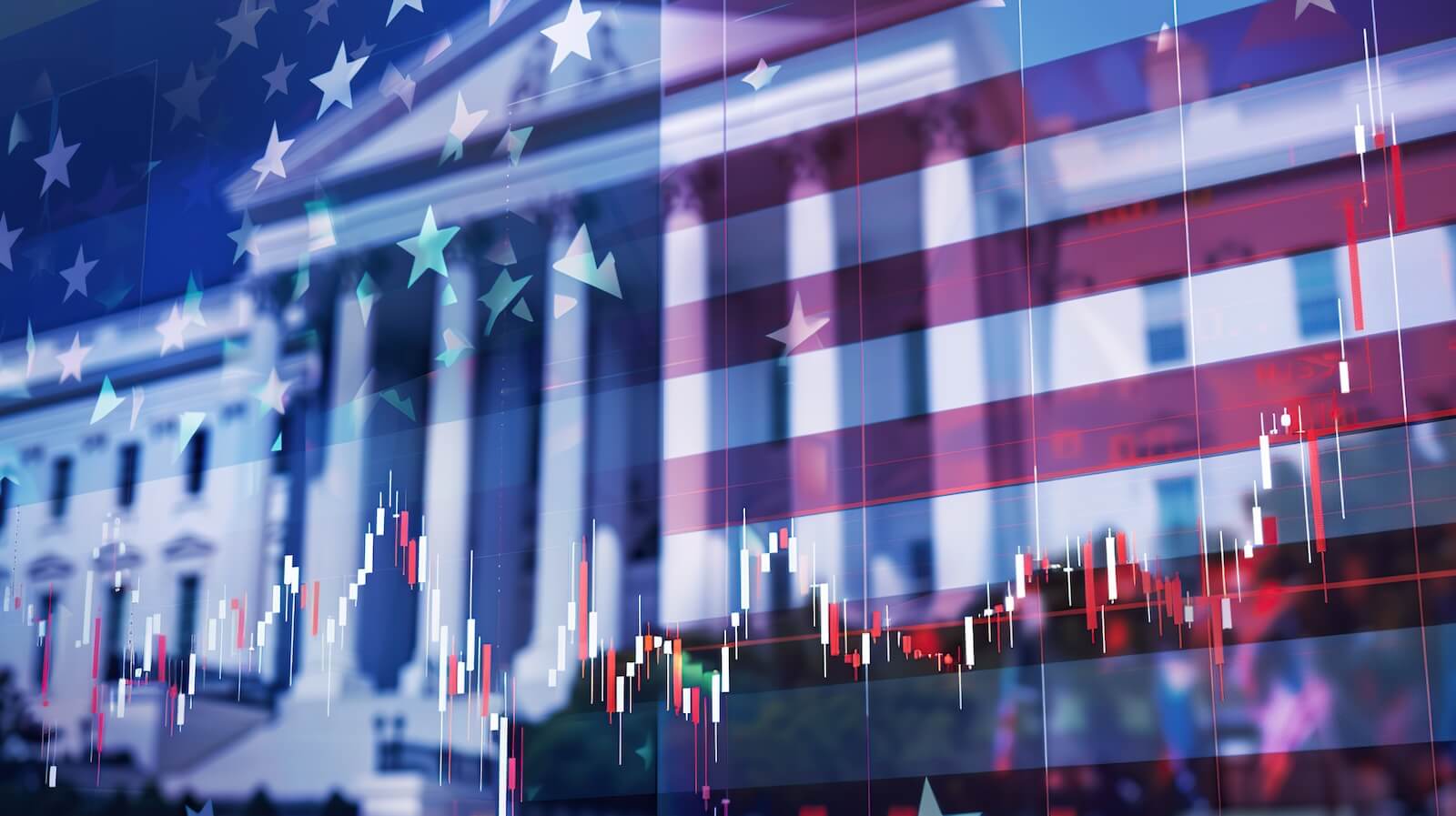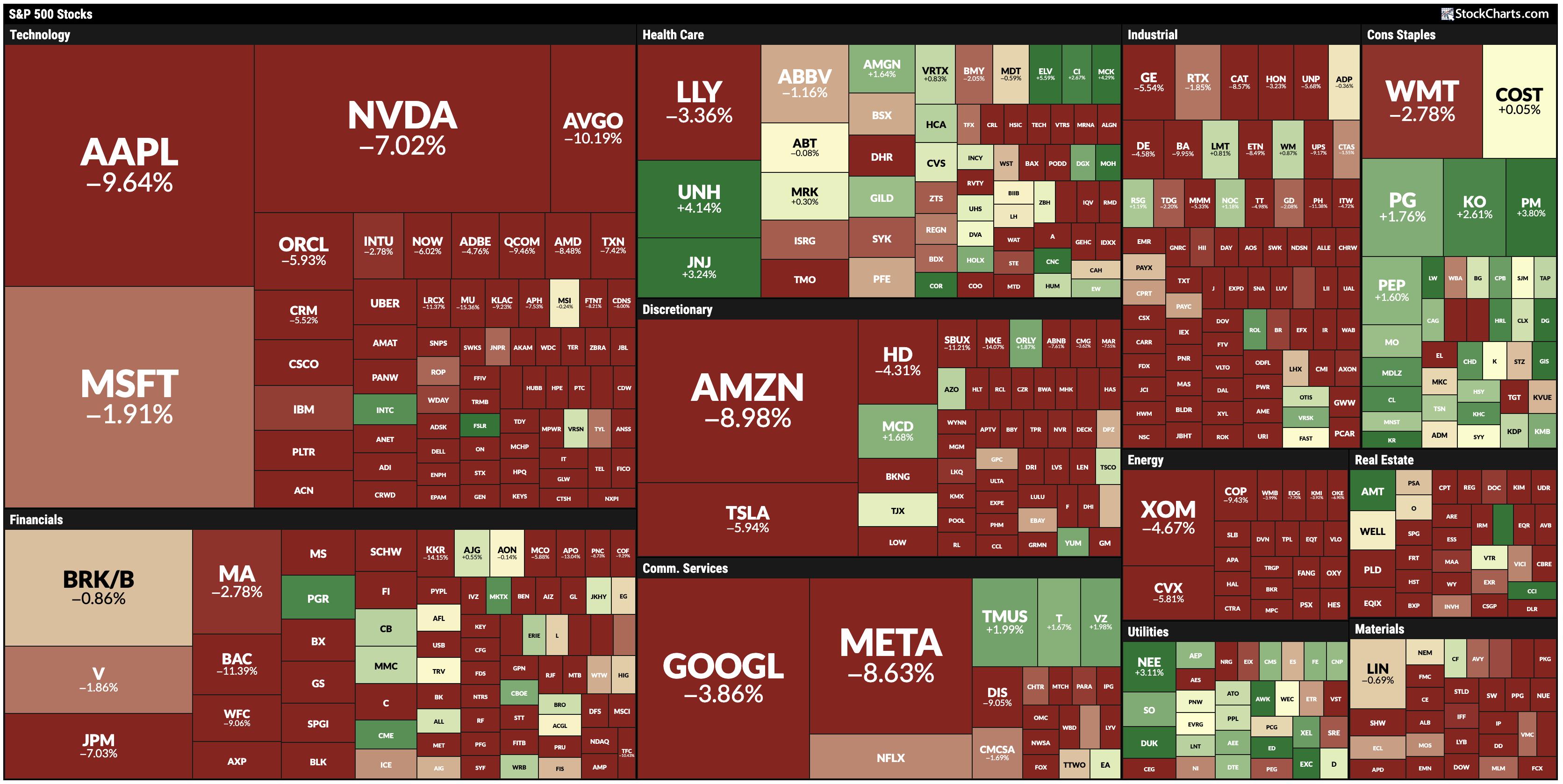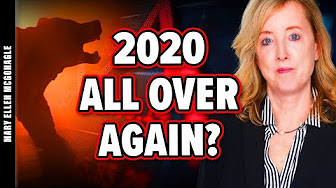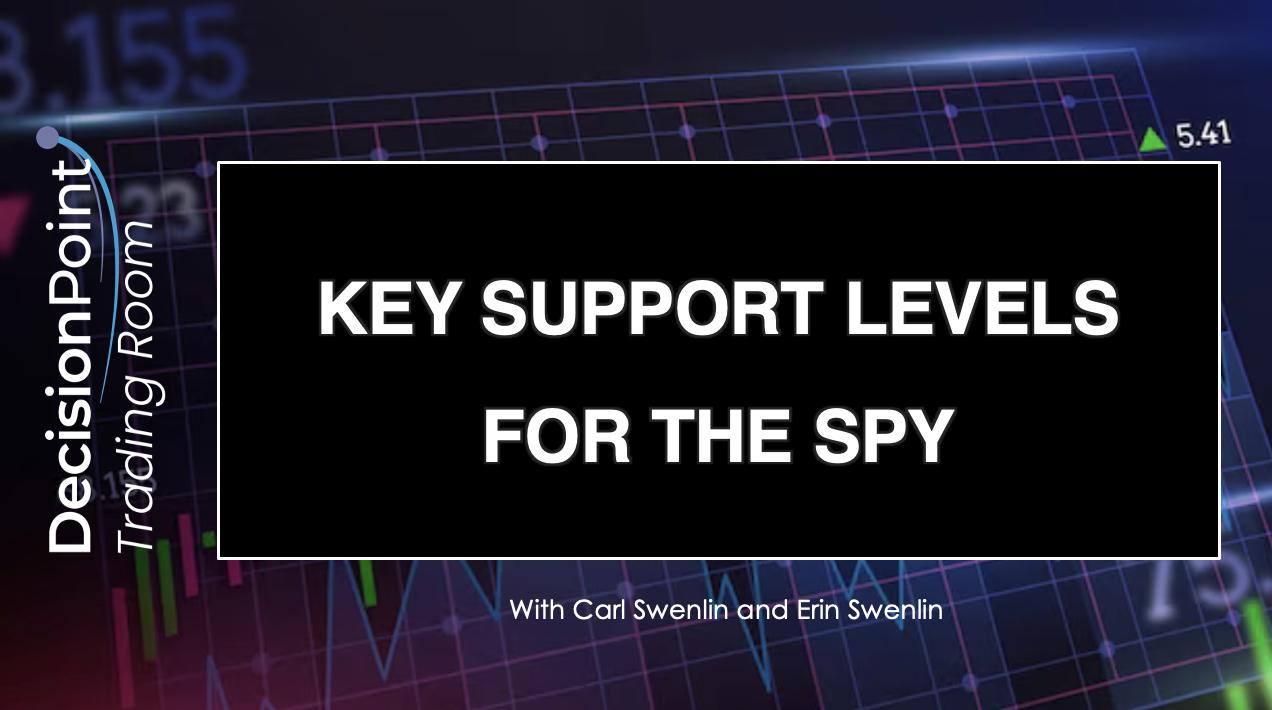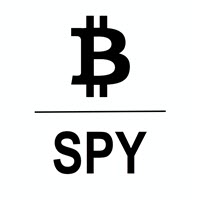"It's not how much money you make, but it's how much money you keep."
—Robert Kiyosaki
 This blog addresses two of my favorite topics:
This blog addresses two of my favorite topics:
(1) Minimizing taxes
(2) Aligning what we call your "Investor Self" with the unique type of trading or investing you do
Sounds straightforward and simple enough, doesn't it?
It's not... Read on!
In all my decades as the upholder of the ancient torch "pay no more taxes than legally required," I've always kept an eye on what the politicians had in mind back in what I call the "Land of Red Tape" – Washington, D.C.
At this time of year, it's prudent to focus on this theater. It's also the season of distributions for mutual funds, and lest you think that your ETFs are exempt, think again. This year-end, it's even more crucial as a new administration will be taking over in January, and the odds-makers predict that tax rates will likely increase. If you haven't had a belly-to-belly (i.e. Zoom-to-Zoom) meeting with your estate planning attorney and tax accountant yet, jump on it now.
Having said that, my focal point here is whether you consider yourself a trader or an investor can have a significant impact on your tax bill. In general, tax rules favor traders over investors. In simplistic terms, the IRS determines whether you are a trader or an investor based on several things:
- Your investment intent
- The type of income to be derived from the activity, and
- The frequency and extent of your trading transactions.
In other words, to garner significant tax advantages you are expected to follow certain rules for the IRS to deem you a trader.
Yes, it's worth investigating. Before you call your accountant, however, I suggest you review a book or two on the subject:
- Green's Trader Tax Guide by Robert A. Green, C.P.A.
- The New Traders Tax Guide by Jim Crimmins
Now, that's the mechanical side of the equation. The flip side you need to address is actually the more difficult and more important question to be asking yourself. If your "Investor Self" is genetically oriented to that of an investor, but you try to shoe-horn yourself into the seemingly alluring trader role, you'll end up in a personal black hole. Your deafness will lead to financial dismembering simply because you failed to understand your own nature.
In an effort to draw a dichotomy between traders and investors, allow me to describe some liberal generalizations. Active trading requires a particular mindset and temperament. Traders must have a personality that accommodates short-term positions, fast thinking and substantial continuous personal involvement in the markets on a daily basis. Investors are more comfortable with a long-term perspective with more sporadic trading primarily on weekends or in off-work hours. They are generally more focused on dividends and long-term gains.
 In Chapter 3 of our book Tensile Trading: The Ten Essential Stages of Stock Market Mastery, we give you the tools to explore, understand and discover your unique Investor Self. If you comfortably fit the profile of a trader, then some profitable tax benefits may await you, allowing you to keep more of the money you make. If, on the other hand, you find yourself leaning towards the investor arena, so be it. The key is to "know thyself."
In Chapter 3 of our book Tensile Trading: The Ten Essential Stages of Stock Market Mastery, we give you the tools to explore, understand and discover your unique Investor Self. If you comfortably fit the profile of a trader, then some profitable tax benefits may await you, allowing you to keep more of the money you make. If, on the other hand, you find yourself leaning towards the investor arena, so be it. The key is to "know thyself."
REMINDERS:
- Our book, "Tensile Trading" (lowest price EVER!) and DVDs are now offered at very special discounted prices in the StockCharts store during the Holiday Sale. And for the first time, our ever-popular ChartPark will be discounted as well!
- Use the events and Dividends indicators to review historical distributions by your holdings and potential buys. Time those accordingly. In other words, don't buy just before a distribution or sell just after a distribution. Otherwise, you'll be paying taxes on capital gains distributions you didn't earn.

Trade well; trade with discipline!
- Gatis Roze, MBA, CMT
- Author, "Tensile Trading: The 10 Essential Stages of Stock Market Mastery" (Wiley, 2016)
- Presenter of the best-selling "Tensile Trading" DVD seminar
- Presenter of the "How to Master Your Asset Allocation Profile DVD" seminar
- Developer of the Tensile Trading ChartPack for StockCharts members
Trade well; trade with discipline!
Gatis Roze, MBA, CMT
- Author, "Tensile Trading: The 10 Essential Stages of Stock Market Mastery" (Wiley, 2016)
- Developer of the "Stock Market Mastery" ChartPack for StockCharts members
- Presenter of the best-selling "Tensile Trading" DVD seminar
- Presenter of the "How to Master Your Asset Allocation Profile DVD" seminar

